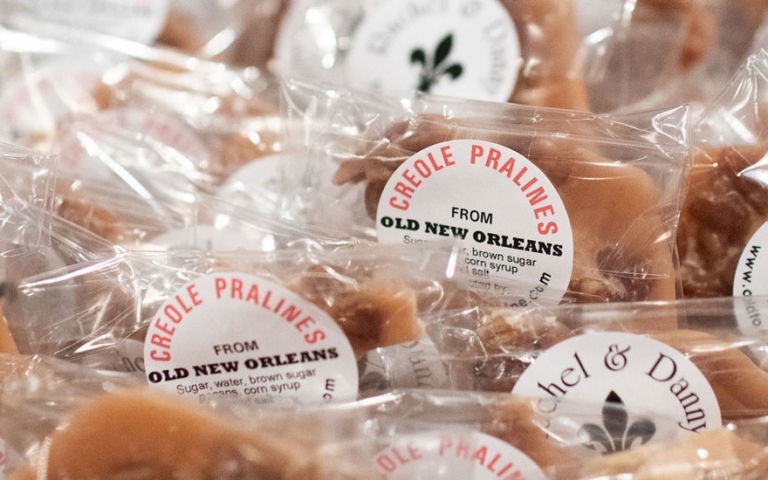Every OpenTable booking creates permanent profile that restaurants use to judge your dining worthiness.
That prime-time table you scored last week? The restaurant already knew you were a “frequent reviewer” before you walked through the door.
Your preference for corner booths, tendency to order wine, and habit of lingering over dessert—all catalogued, analyzed, and shared across OpenTable’s network of 60,000 restaurants worldwide.
OpenTable’s AI-powered system doesn’t just handle reservations. It builds comprehensive behavioral profiles from every interaction, tracking spending patterns, dining duration, cancellation habits, and even your propensity to leave reviews.
Restaurants receive these digital dossiers instantly, complete with flags like:
- “late canceler”
- “high spender”
- “dines longer than average”
When Algorithms Decide Your Service
Restaurant hosts use your data profile to determine everything from table placement to server assignment.
Austin restaurant host Kat Menter revealed how these profiles shape real dining experiences. Staff can see if you’re flagged as someone who “frequently orders juice” or tagged as a potential no-show risk.
The system helps restaurants optimize operations—but it also means your past behavior follows you everywhere.
“Frequent reviewers get extra attention because we know they have influence,” explains Shawn Hunter, a restaurant general manager who relies on OpenTable’s guest intelligence. “But if you’re marked as problematic, that affects how we handle your reservation.”
The platform processes this data through point-of-sale integrations and AI analysis, creating labels that can determine whether you get the coveted window seat or find yourself near the kitchen.
Restaurants use these insights to allocate tables strategically, prioritize service for high-value guests, and sometimes deny reservations to customers with negative behavioral markers.
The Opt-Out That Most Diners Never Know Exists
OpenTable claims you can control data sharing, but the process remains buried in account settings.
While OpenTable maintains that diners can opt out of data sharing through account preferences, consumer advocates warn the process isn’t intuitive.
Most diners never realize their dining habits are being tracked, scored, and monetized across restaurant networks.
The stakes keep rising as AI becomes more sophisticated at predicting guest behavior. Your casual dinner choices now create permanent digital records that could affect every future restaurant experience—unless you know to look for that opt-out button.


















